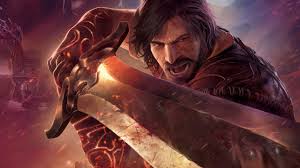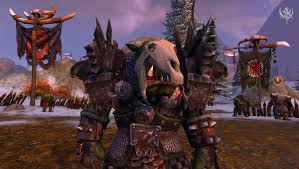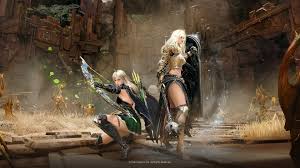Total War: Three Kingdoms – A Comprehensive Overview
Introduction:
Released in 2019, Total War: Three Kingdoms is a turn-based strategy game developed by Creative Assembly. Set during the chaotic Three Kingdoms period in China (around 190–280 AD), the game combines large-scale battles, intricate political dynamics, and rich historical storytelling. As part of the Total War franchise, it offers a blend of real-time tactical battles and grand strategic gameplay on the campaign map. Players take control of one of several factions vying for control of China, each led by a unique warlord.
Pros:
- Deep Strategic Gameplay: Total War: Three Kingdoms excels in its strategic depth. Players need to manage their economy, diplomacy, military, and public order. The game provides many layers of strategic choices, from deciding the best course of action for battle to navigating complex diplomatic relations between factions. Whether you’re engaging in large-scale battles or handling smaller regional conflicts, every decision feels impactful.
- Engaging Story and Characters: The game is based on the famous Chinese historical novel Romance of the Three Kingdoms, featuring iconic characters such as Cao Cao, Liu Bei, and Sun Jian. Each faction has its own distinct leaders with unique abilities, traits, and relationships that affect gameplay. The character interactions, including rivalries, alliances, and betrayals, add a dynamic layer to the campaign and provide a sense of immersion into the historical period.
- Beautiful and Detailed Graphics: The visual fidelity of Total War: Three Kingdoms is impressive, with highly detailed battle maps and character models. The game features lush landscapes, grand cities, and intricate troop formations that provide a breathtaking spectacle during real-time battles. Whether you’re watching a full-scale siege or engaging in a large battlefield, the presentation is consistently striking.
- Rich, Multifaceted Combat System: The real-time battles in Total War: Three Kingdoms remain one of the franchise’s strong points. The game introduces new combat features such as the “Hero Units,” which can turn the tide of battle. These characters wield special powers and lead armies, making for some dramatic and cinematic moments during combat. The tactical options available, including flanking, siege warfare, and use of terrain, provide a variety of ways to approach each battle.
- Enhanced Diplomacy System: The diplomacy system in Total War: Three Kingdoms is one of the most refined in the series. Players can form alliances, demand tribute, declare war, and even use espionage to undermine their enemies. The relationships between factions evolve based on the player’s actions, and this makes diplomacy feel more organic and reactive.
Cons:
- Complexity and Steep Learning Curve: One of the major drawbacks of Total War: Three Kingdoms is its steep learning curve. New players may find the game overwhelming due to the complexity of managing an empire, combat mechanics, and diplomacy. The number of systems in place—such as character relationships, resources, and battle tactics—requires significant time investment to fully understand, which could deter casual players.
- AI Issues: Despite the game’s strategic depth, the AI sometimes feels inconsistent. While it can be challenging at times, particularly during battles, the AI tends to make questionable decisions, especially during sieges or large-scale battles. There are also moments where enemy factions behave in ways that don’t seem logical within the context of the game, which can break immersion.
- Repetitive Campaign: Over time, the core gameplay loop can become repetitive, especially in longer campaigns. Although each faction has its own unique mechanics and objectives, the underlying gameplay remains similar—expanding territories, managing resources, and fighting battles. This can lead to some monotony, particularly for players who focus on the campaign map for extended periods.
- Occasional Technical Issues: While the game is generally polished, some players have reported occasional technical issues such as crashes, frame-rate drops, and glitches. These problems can detract from the overall experience, especially during large battles where performance is crucial.
- Limited Customization in Campaigns: While the game offers numerous factions to play as, Total War: Three Kingdoms has limited customization compared to some other Total War titles. Factions are heavily tied to historical figures and the narrative of the Three Kingdoms period, which means there’s less room for creative freedom in terms of faction development and storytelling.
Conclusion:
Total War: Three Kingdoms is an exceptional strategy game that captures the epic scope and drama of the Three Kingdoms era. Its strengths lie in its engaging historical narrative, tactical depth, and immersive world-building. However, the complexity of the game can be a barrier for newcomers, and its occasional AI issues and repetitive campaign gameplay might deter long-term engagement for some players. Nonetheless, for fans of strategy games and Chinese history, it remains a must-play title in the Total War series, offering an unparalleled blend of tactical battles and grand empire management.












